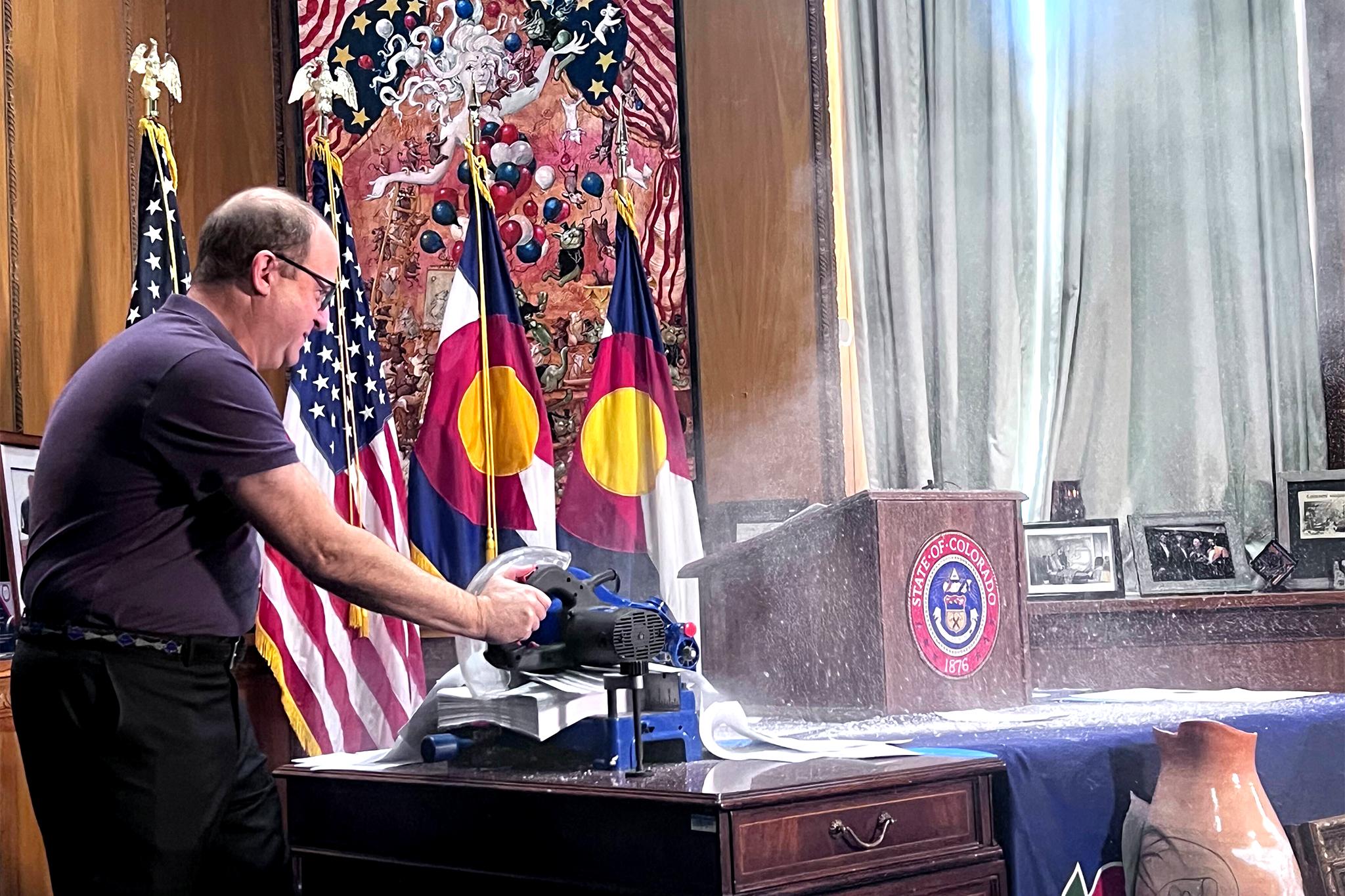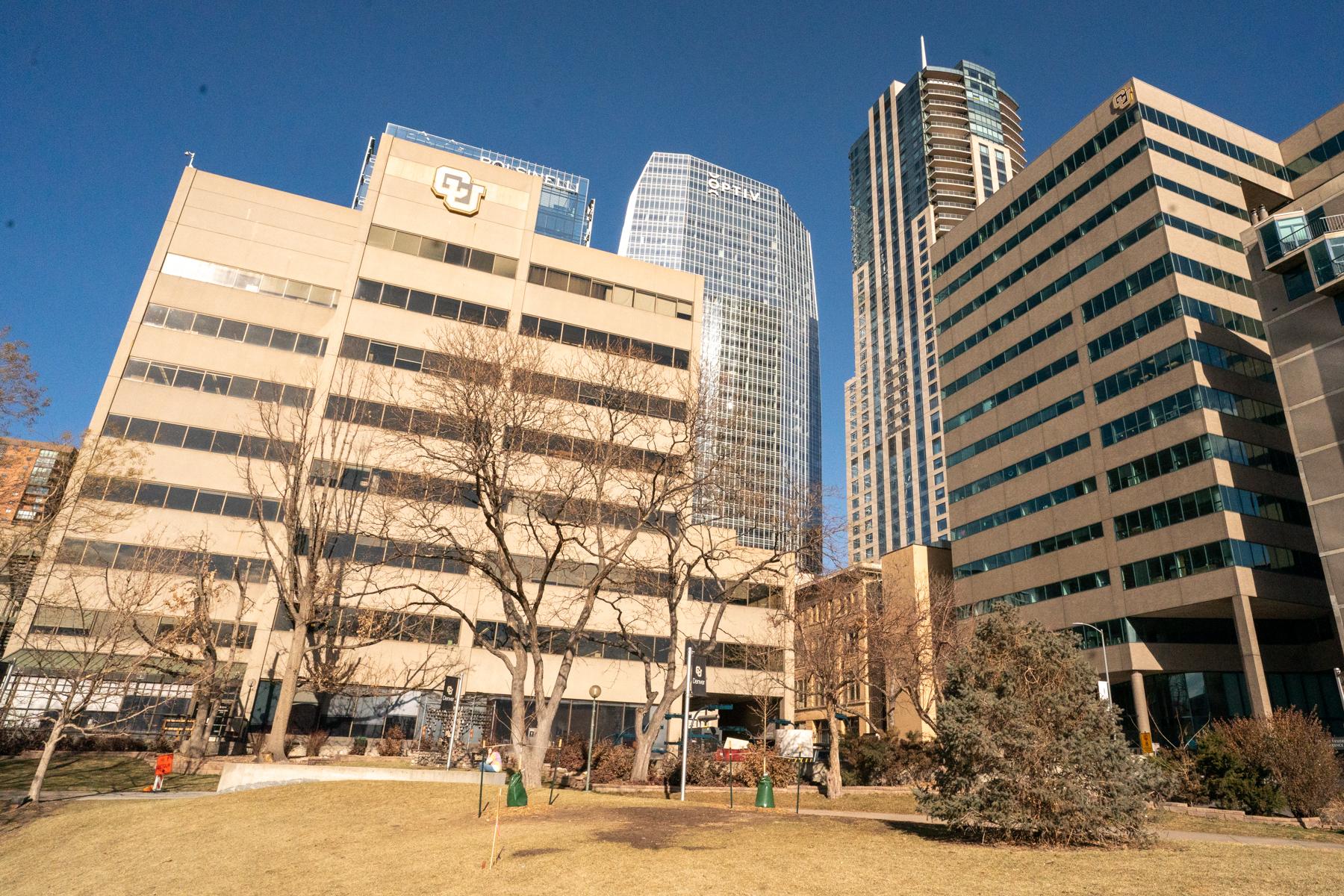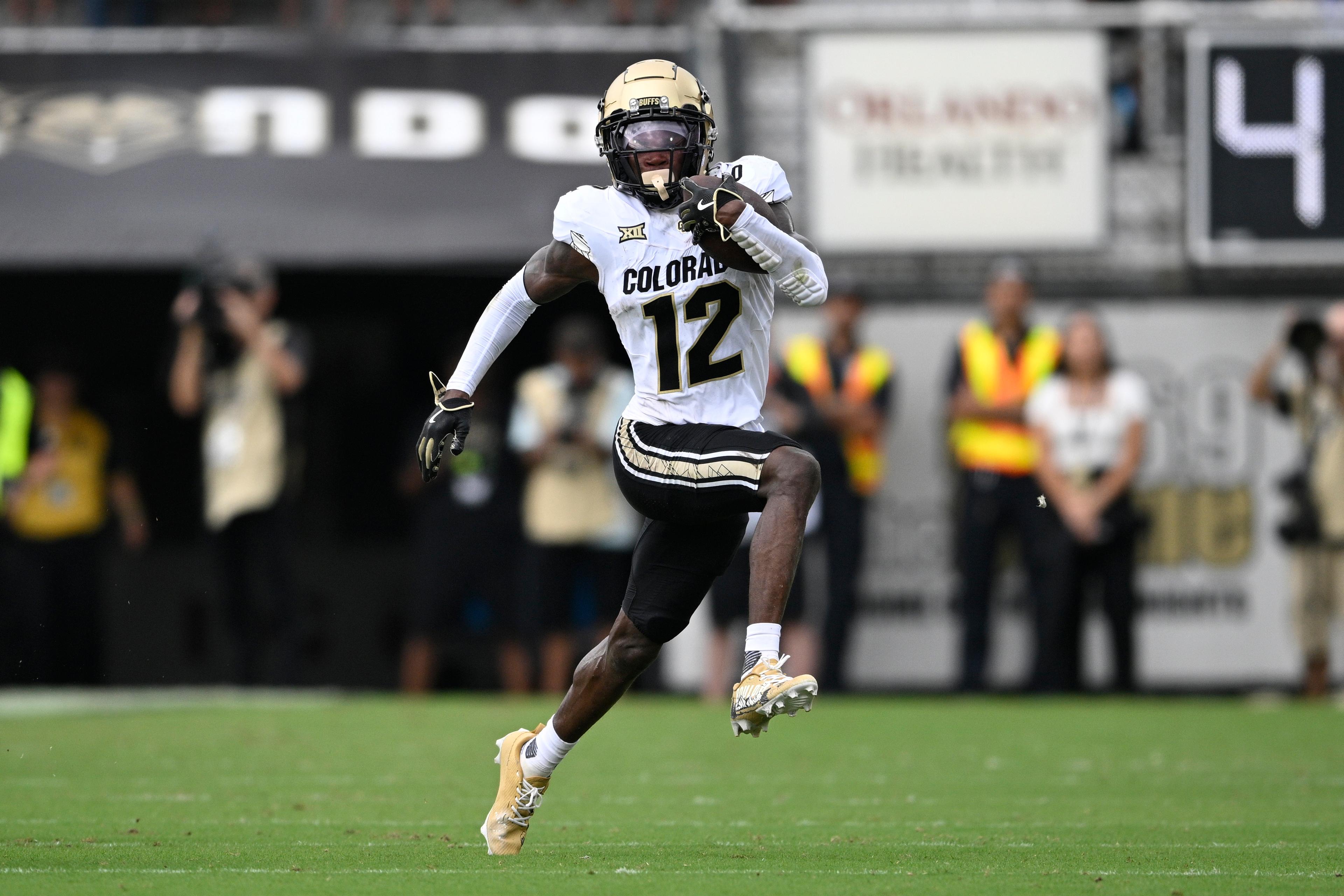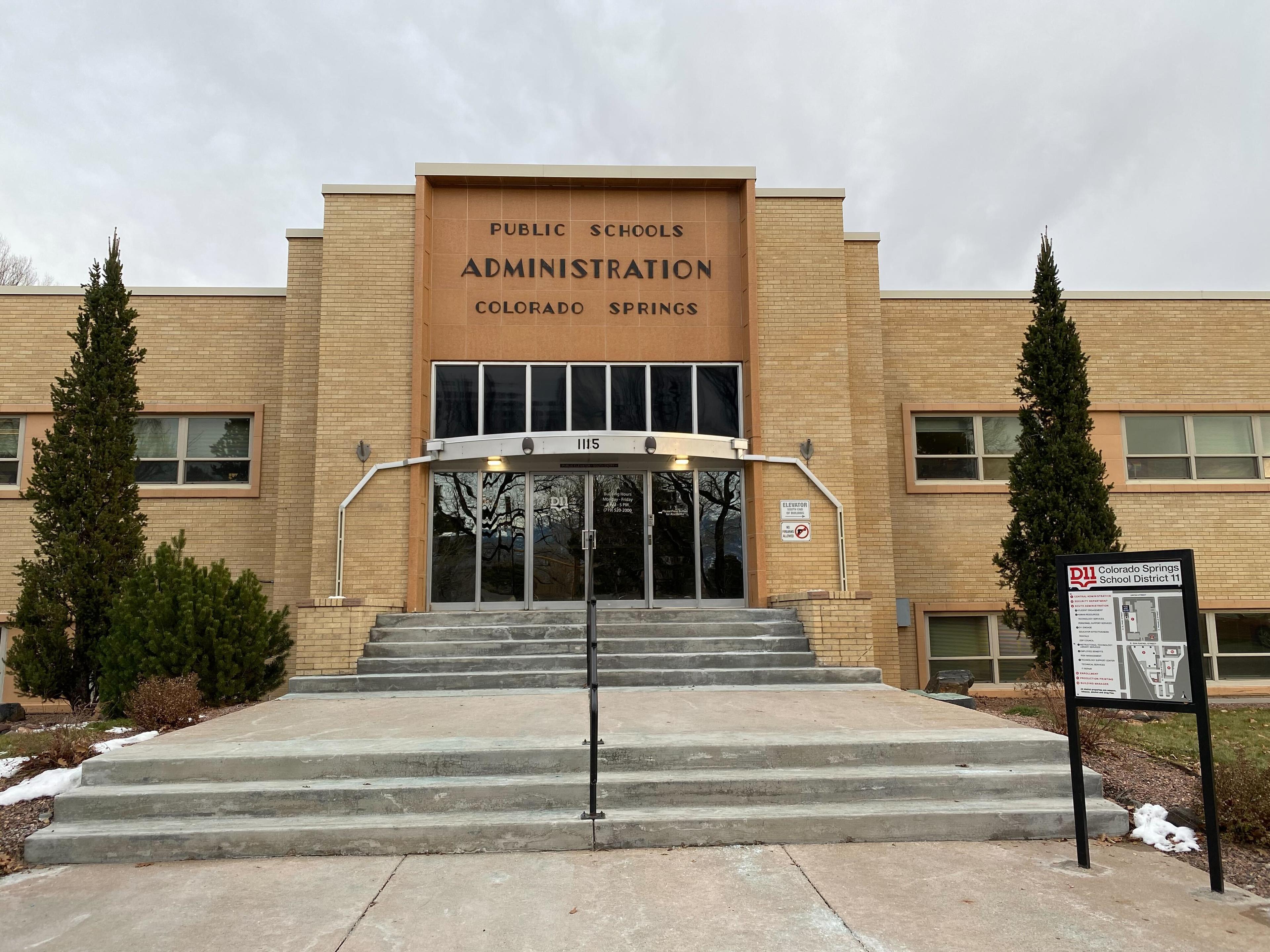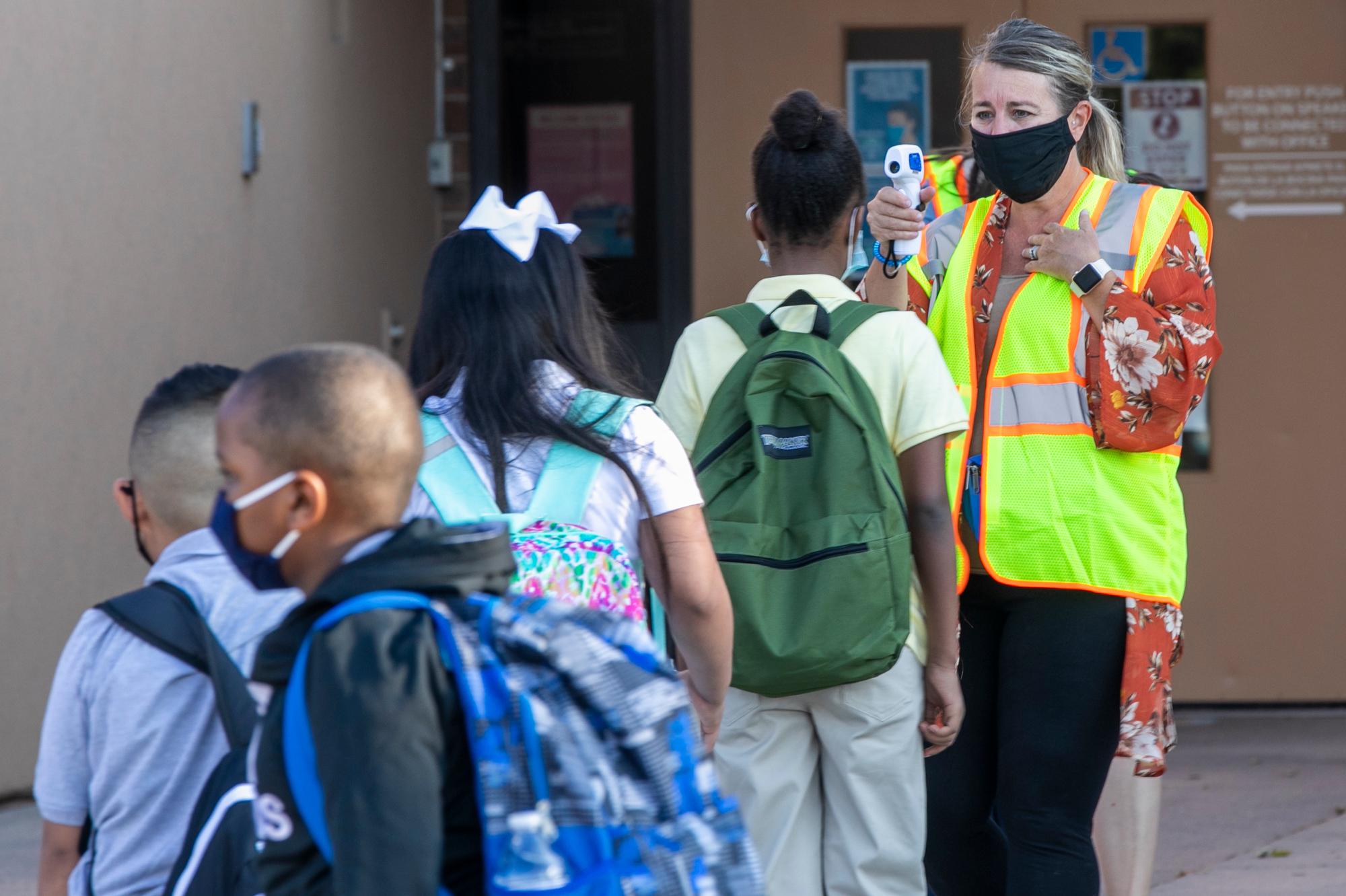
Hundreds of thousands of Colorado parents, teachers and students just finished — or survived — their first weeks of school this fall amidst the coronavirus pandemic.
Amy Swonger, a music teacher at Caprock Academy in Grand Junction, has had to cut some of her normal activities and limit the instruments and equipment students usually share. She teaches in-person and online, and said there are some days where she gets home and breaks down crying.
“I can't really even explain why,” she said. “It's just trying to hold everything together, to keep it positive and to keep things moving. And then you get home and you can relax and you realize how much you've been holding it together all day.”
She wasn't the only one: Parents and kids have persevered through online learning and a temporary Zoom outage on Monday, as schools have restructured their education plans to avoid spreading COVID-19. In the first days and weeks of school under these new arrangements, some worry about how the school year will progress and if it can be truly productive.
Parent of third and seventh graders: “I don't think there's any way that it's going to be equivalent to what he would normally get.”
Nicole Gates has two boys, enrolled in third and seventh grade in Littleton Public Schools. The semester started Aug. 24. Her seventh grader gets a mix of remote and in-person school. Her third grader attends school in person full time. He has to wear a face mask, practice social distancing and has his own bottle of hand sanitizer on his desk like the rest of his 24 classmates, Gates said.
“As long as he can stay healthy and the schools can stay operating then I think that's probably the better situation, but that’s all 'what if,'” she said. “He's still at least seeing his friends five days a week and he's getting five full days of school.”
The school has cohorts, splitting students into smaller groups that would make it easier to quarantine a single group if someone tests positive for COVID-19, instead of shutting down the entire school.
Gates said recess is a little strange because the kids can’t touch each other or interact like they used to. Her third grader doesn’t even pass his friends in other grade levels in the hallway between classes.
For her son in seventh grade, Gates worries about the quality of education he gets in this new environment — and her own productivity when he's at home. He’s physically in class just two days a week, and online the other three days. On one of the online days, her son doesn’t have an instructor and completes assignments independently. He finishes his online schooling by mid-afternoon, she said.
“That's a long amount of time where I'm trying to work and he's already done,” Gates said.
She asked friends what they are doing with their children, and some said they have started to plan their own separate and supplemental curriculum to make sure their kids get a full day — and ultimately full year — of school.
“I don't know that I have the ability to do that, but I think I'm going to have to come up with chores and plans and different ways to keep him engaged and active,” Gates said.
“I definitely think if this is how things go for the course of a year, I don't think there's any way that it's going to be equivalent to what he would normally get during a five-days-a-week, in-person learning year.”
Gates said she’s moved her work schedule around so that she’s working on weekends instead and can be home to help her sons with school work. But she said all of the rearrangements have impacted her family’s ability to spend quality time together.
Graduate student studying online: “I'm a little concerned about that, but it is what it is, right?”
Steven Silz-Carson returned to his studies as a graduate student at the Anschutz Medical Campus in mid-August. He's not a traditional student. He is retired and isn't in a huge rush to graduate like other students.
He was nervous about the technology and wasn't sure what to expect out of the platform classes would be hosted on. But so far, so good, he said.
“This is my first experience with online learning,” he said. “Because the professor has everything well organized, we know what to do very easily and she's very accessible.”
That professor teaches English, and Silz-Carson said there is even an advantage to taking the course remotely: He feels a little more productive writing at home.
Still, he has some reservations about labs and his molecular biology course, which starts in September. It has a rotating instructor. Silz-Carson said he has the option to drop the course without payment or penalty within the first 10 days of the class so he may do that if he finds it to be too difficult.
Although dropping the course can cause a delay in graduation for many students and ends up being more expensive, Silz-Carson said he’s fortunate that he’s not in the stressful situation his peers are in.
“They thought they would graduate and get a job and start paying off their student debt,” he said. “It's obviously going to take somewhat longer for most of us or other people in my program who tend to apply to medical school or PhD programs… I know a lot of people are very stressed just with uncertainty itself.”
K-12 music teacher: “There are so many times I have just broken down crying and I can't really even explain why.”
Caprock Academy, the K-12 charter school where Swonger teaches music, started in-person full time at the beginning of August. The school also offers online classes for students who can't make it in person for health reasons. Swonger said at first she resisted physically going back, but nearly a month later, her perspective has changed a bit.
“I'm not as worried as I was before,” she said. “I'm still worried because I just keep waiting for the shoe to drop. You wait for one case.” She doesn't know of any positive cases so far, but she has noticed what seems like a constant rotation of teachers and students who aren’t in school for a chunk of time.
Swonger teaches in-person and online and said it’s like two full-time jobs, and it’s difficult to do both well. It feels like being a first-year teacher again, she said.
“You're constantly worrying, ‘Did they get it? Did they not get it? Why didn't they turn that in? Was it because they didn't understand it?’” Swonger said.
“It's hard on the kids. It's really hard on the teachers because the teachers really want to do a good job, but there's only so much time in the day.”
She created a whole new curriculum for in-person instruction. The students can't sing, for example, since that's considered a high-risk activity to spread the virus.
“The hardest part of my job right now is being a music teacher and trying to figure out how to do it safely,” she said. “I used to have risers and carpets. Everybody has a desk now in my classroom. I wish I could say they're six feet apart, but they're not. There's just not room.”
Swonger has tried to hold classes outside where students could spread out and sing, but said it’s been difficult lately because of smoke from the Pine Gulch Fire. Inside the classroom, she said she keeps the door open and has a fan to circulate the air.
Her advice for teachers, parents and students who are just getting back into the school groove is to remain positive and vigilant, and to not make assumptions about the entire school year based solely on the first week.
“That's the part where you’re afraid of all of the unknowns, but when you get in there and you're with your students, you kind of forget about everything else,” Swonger said.

